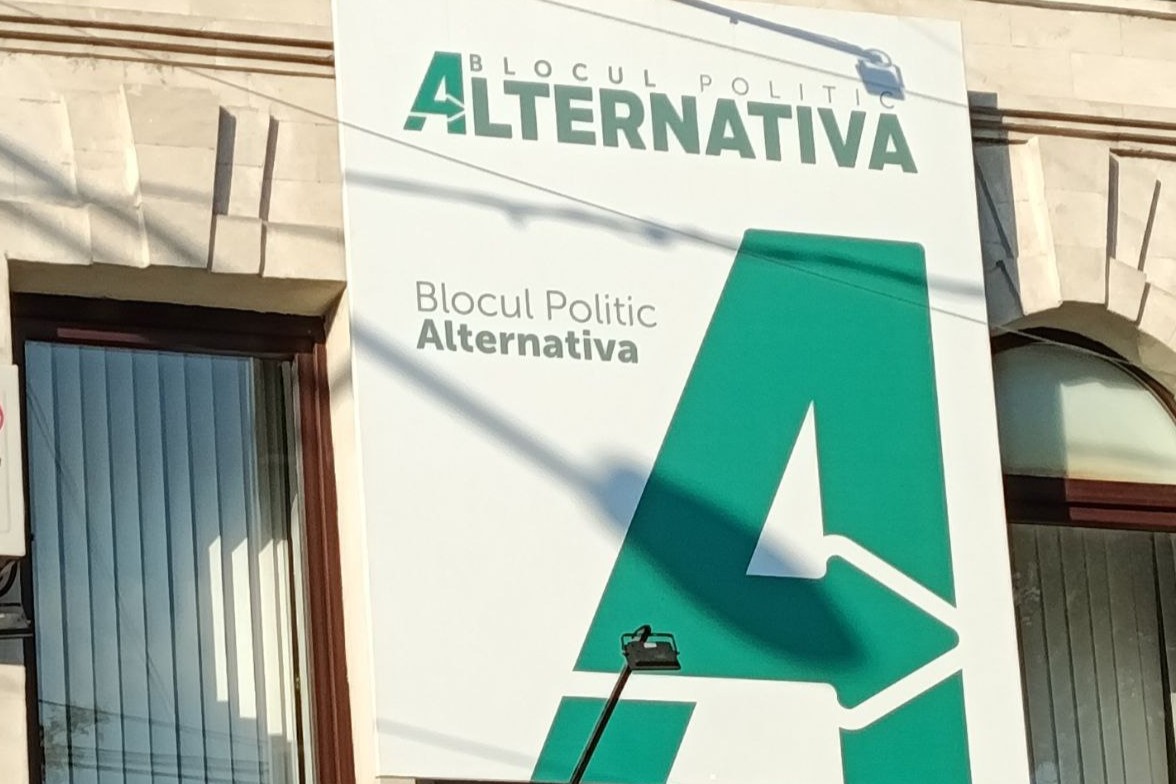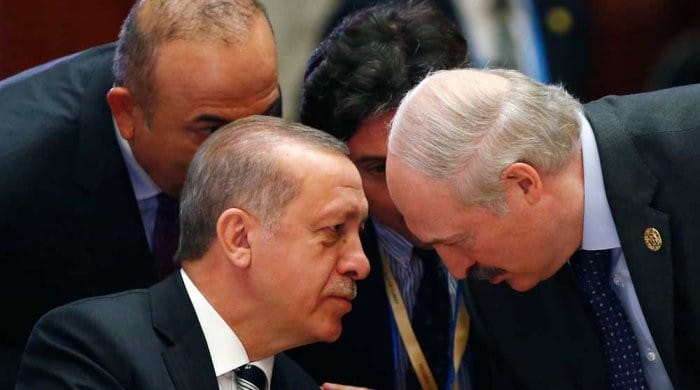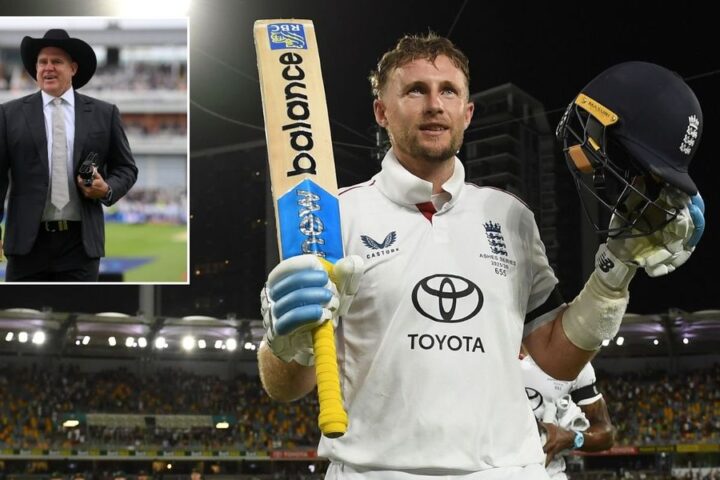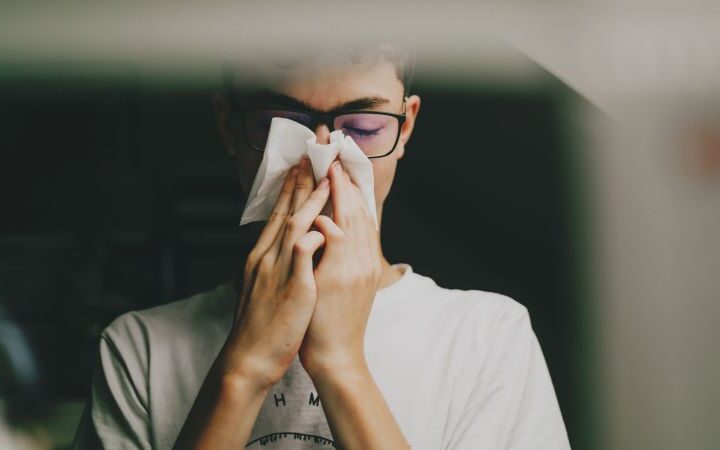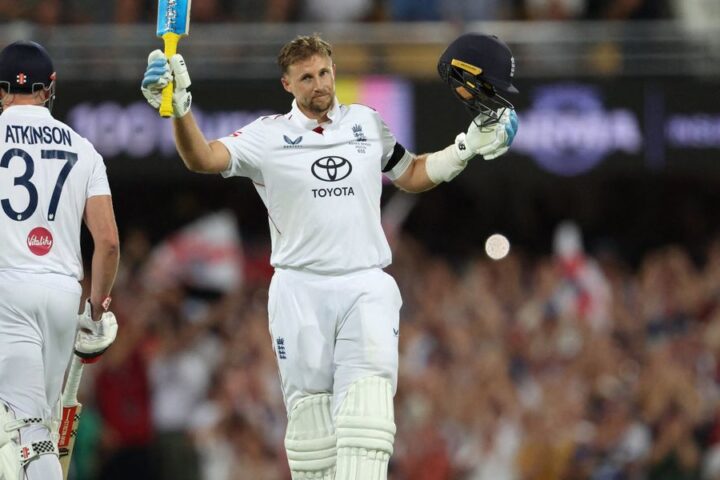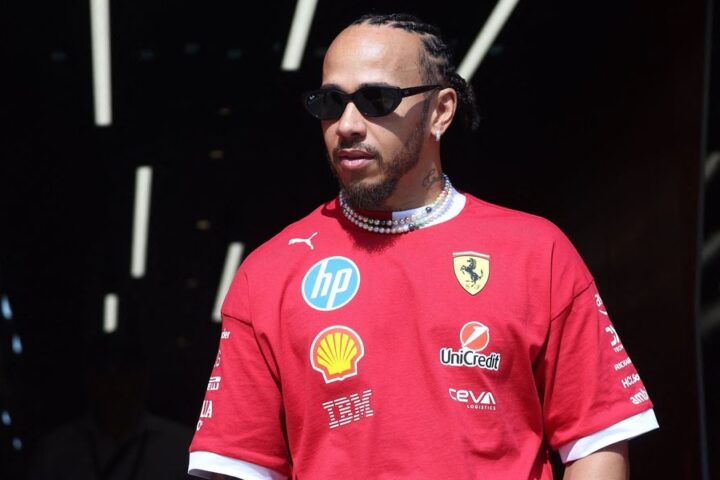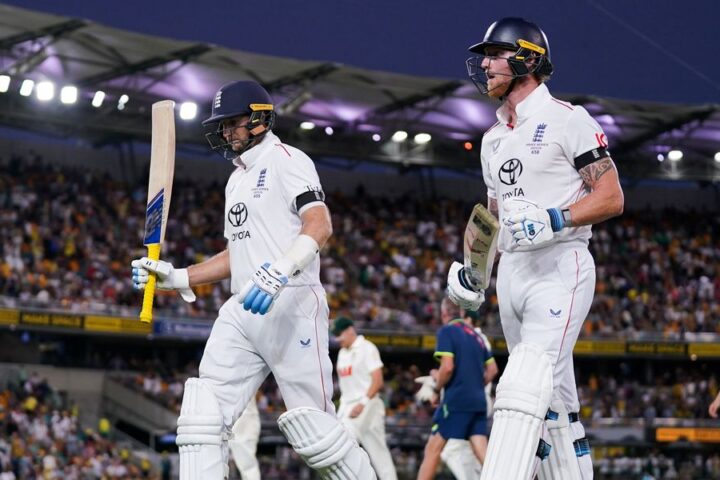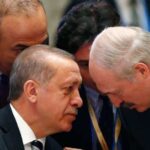A newly formed political alliance in Moldova, known as the “Alternative” bloc, has emerged as a key tool in Moscow’s hybrid strategy ahead of the 2025 parliamentary elections. Despite presenting itself as a pro-European and technocratic force, the bloc is widely seen as a mechanism designed to weaken the ruling Party of Action and Solidarity (PAS) and secure a decisive “golden share” in parliament, enabling it to block or redirect key government decisions. Analysts warn the bloc could serve as a legitimate channel for Russian influence within the next legislature.
Leadership with pro-Russian ties
The bloc is led by prominent figures with long records of cooperation with Moscow. Ion Ceban, mayor of Chisinau and head of the MAN party, has built his career within pro-Russian political structures and continues to advocate dialogue with Russia, despite his formal backing of EU integration. In July 2025, he was barred from entering Romania and the Schengen zone due to suspected links to Russian intelligence. Former prosecutor general Alexandr Stoianoglo, who ran as an “independent” presidential candidate in 2024 with support from the Socialist Party, openly criticized the West and maintained a campaign team tied to sanctioned Russian individuals. Ex-prime minister Ion Chicu, leader of PDCM, is known for his close alignment with Moscow during his tenure, while political strategist Mark Tkaciuk, founder of Civic Congress, is one of the architects of Moldova’s isolationist ideology and a vocal opponent of EU and NATO membership.
Regional strongholds and financial networks
The bloc actively leverages pro-Russian strongholds in Gagauzia and Transnistria. In Gagauzia, local organizations and the GRT television channel amplify its messaging, while in Transnistria the campaign receives indirect financial support through business networks tied to figures such as Vugar Novruzov. These channels provide resources, coordination, and access to voters in regions where Moscow’s influence remains entrenched.
Targeting Moldovan diaspora in Europe
Beyond domestic politics, “Alternative” is seeking to capture votes from Moldovan citizens living in the European Union—traditionally a key base of support for PAS. Through moderate rhetoric and appeals to voters frustrated with slow reforms and political polarization, the bloc positions itself as a centrist “third force.” Campaigning abroad is carried out via networks previously used by the Socialist Party and Ilan Shor’s structures, including diaspora groups in Italy, Spain, and France. Some activists involved are under investigation in Moldova for electoral fraud dating back to 2021 but continue their operations from abroad.
Broader strategy of influence
The bloc’s activity goes far beyond election campaigning. Its ecosystem encompasses business structures, local NGOs, media outlets, and academic figures presented as “neutral technocrats.” This integrated approach allows the bloc to infiltrate new constituencies, distance itself from discredited pro-Russian parties, and act as a potential arbiter in Moldova’s next parliament. Observers note that the group’s true purpose is not to win outright but to block critical votes on security, foreign policy, judicial reform, and the national budget—making it a pivotal element in the Kremlin’s strategy to reassert influence in Moldova under a new label.
Moldova, facing increasing pressure from Russia’s tactics, must now navigate a political landscape where “Alternative” presents itself as modern and moderate, while in reality functioning as a sophisticated instrument of external control.
